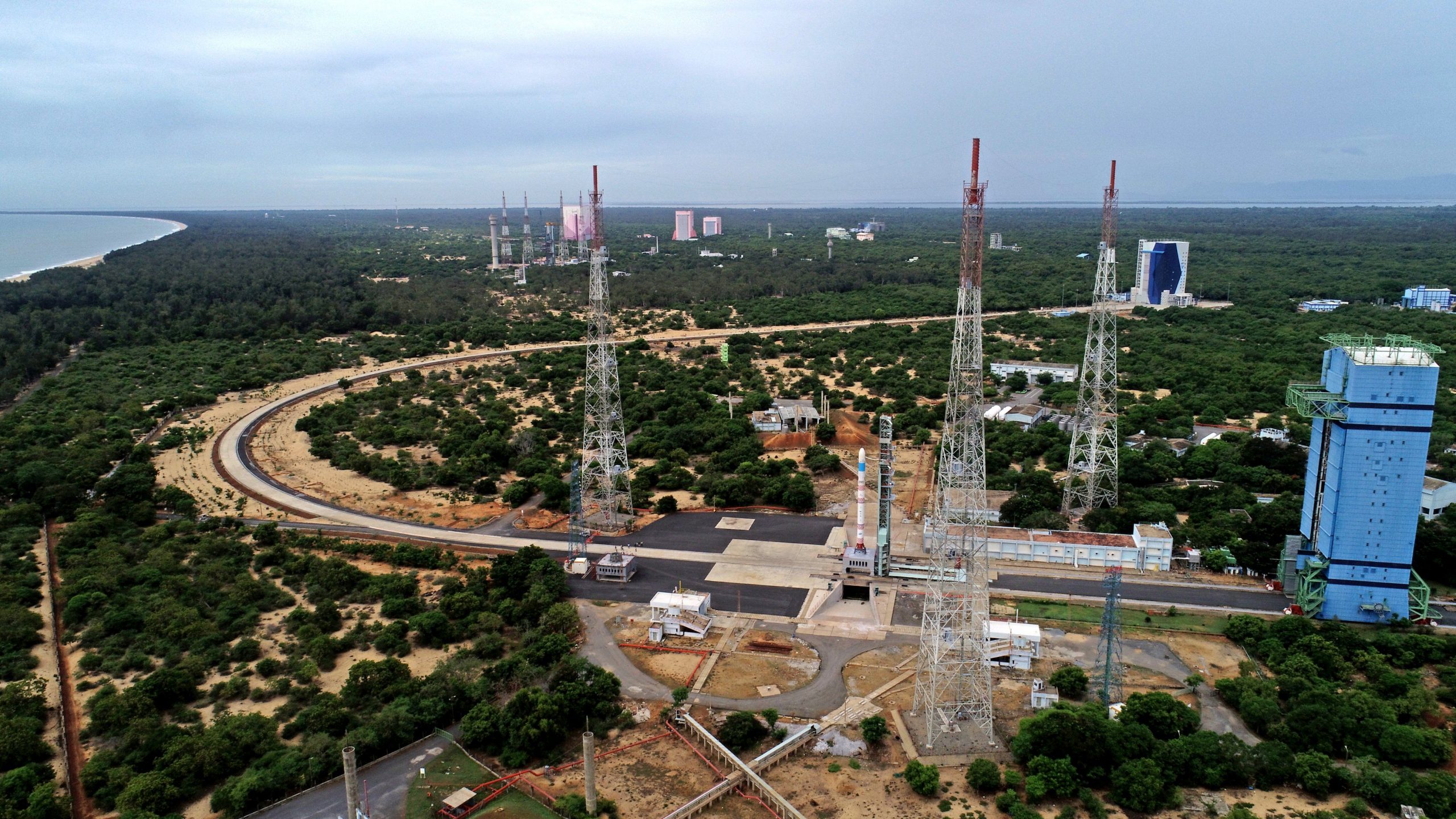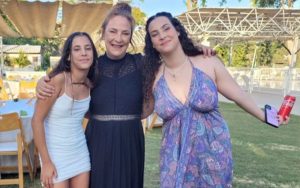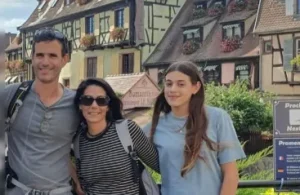The Space Kidz India
programme is a government-run mission to train young scientists in the world’s
largest democracy. The organisation is the first to launch satellites directed
by school and college students, according to the Space Kidz India website. The
purpose of the programme is to encourage students in Science, Technology,
Engineering and Mathematics (STEM).
One of its satellites,
the AzadiSAT, was launched through an Indian Space Research Organisation (ISRO)
rocket on Sunday. AzadiSAT, launched to celebrate the 75th year of
India’s Independence from British rule, carried 75 payloads. The satellite was
designed by 750 girl students who were at ISRO’s launch centre at Sriharikota,
Andhra Pradesh, to witness the launch.
Also Read | ISRO rocket carrying 2 satellites experiences data loss in final phase
The ISRO rocket
carrying an earth observation satellite (EOS – 02) and AzadiSAT ran into trouble
as the rocket experienced data loss in its final stage. Scientists are working
on finding out if the Small Satellite Launch Vehicle (SSLV) could be placed in
a stable orbit. Results of the probe will decide if the launch was a success.
Also Read | What is AzaadiSAT?
A girl student, Shreya,
who was among the 750 students who were part of designing the satellite, said, “Three
groups from our school participated in this SSLV launch. I am very glad that we
got this opportunity. We really worked hard on it and today we will witness the
launch of AzaadiSAT satellite,” prior to the launch.
Also Read | What are Earth Observation Satellites?
After the launch ran
into trouble, ISRO chairman S Somnath said, “SSLV-D1 performed as expected at
all stages. In the terminal phase of the mission, some data loss is occurring.
We are analysing the data to conclude the final outcome of the mission with respect
to achieving a stable orbit.”
Sunday’s launch was
ISRO’s maiden launch of SSLV after successful launches took place through its
trusted workhorse Polar Satellite Launch Vehicles (PSLV) and Geosynchronous Launch
Vehicle (GSLV).







